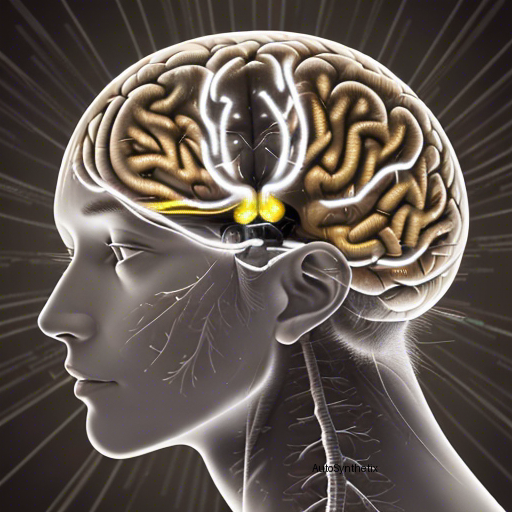Introduction
The enigma surrounding our understanding of the human mind's inner workings has long captivated scientists worldwide. As artificial intelligence continues its meteoric rise, delving into the intricate depths of neurobiological processes becomes ever more crucial. The recent publication from arXiv sheds light upon a much sought after elucidation—a methodical system outlining the requisite criteria to confirm a neural response's representative function within the realm of neuroscience. Let's explore the groundbreaking contributions unfolded in "Desiderata of evidence for representation in neuroscience."
A Systematic Approach to Establish Representations in Neuroscience
In a pioneering endeavor, the study lays bare a comprehensive framework centered around four cardinal principles, or 'desiderata,' aimed at solidifying the veracity of a given neural response representing a particular attribute. These desiderata serve as benchmarks to ascertain if a neural signal indeed encodes the desired characteristic. They include:
1. Sensitivity — Confirming the correlation between stimuli presentation and the observed neural activity. 2. Specificity — Demonstrating the selectivity of the response towards the intended feature over others. 3. Invariance — Ascertaining the consistency of the reaction despite variations among associated attributes. 4. Functionality — Illustrating the utilization of said responsiveness further along the neurological processing stream.
Information Theory Elevates Cognitive Understanding
To instill precision in their exposition, the scholars have opted to articulate these fundamental tenets through the lens of Information Theory. By doing so, they effectively harmonized various analytical techniques commonly employed in neuroscience under a cohesive umbrella. Some notable strategies mentioned involve:
* Correlational analyses * Decoding & Encoding Models * Representational Similarity Analysis * Tests of Statistical Dependence
By adopting this integrative approach, interdisciplinary discourse can flourish, fostering clearer communication amidst differing perspectives, facilitating comparison, consolidation of findings, pinpointing data deficiencies, and ultimately bolstering trustworthiness in scientific conclusions.
Illuminating Case Studies: Orientation, Numerosity, Faces, Spatial Location...And Beyond?
Throughout the text, several prototypical instances were expounded upon, serving not just as illumination but also reinforcing the universality of the proposed paradigm. From examining the neural coding of orientations to numerosities, facial recognition, even spacial localizations, a multitude of realms stand poised to benefit immensely from this newfound intellectual toolkit.
Furthermore, the horizons appear limitless; expanding applications may extend beyond traditional confines to incorporate exploratory modeling ventures, multiple-phase assessments, and additional domain incorporations.
Conclusion
This seminal piece propelled forward by arXiv serves as a transformative impetus within the field of cognitive science. Its capacity to reconcile divergent approaches empowers a shared language, promoting collaborative efforts amongst experts globally. With the establishment of this rigorous framework, we inch closer toward unlocking the mysteries embedded deep within the labyrinthine recesses of the human psyche. Consequently, the potential implications reverberate far past academic circles, heralding epochal shifts in comprehending consciousness itself.
References: https://arxiv.org/abs/2403.14046v1
Source arXiv: http://arxiv.org/abs/2403.14046v1
